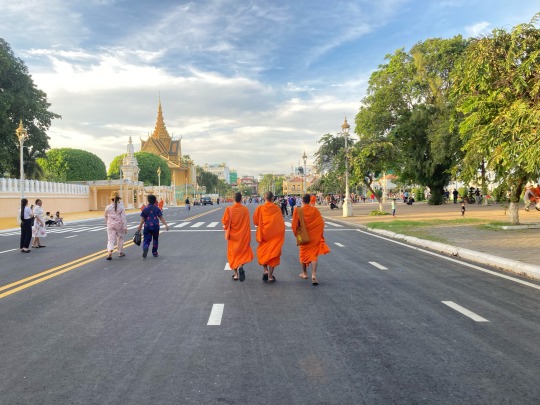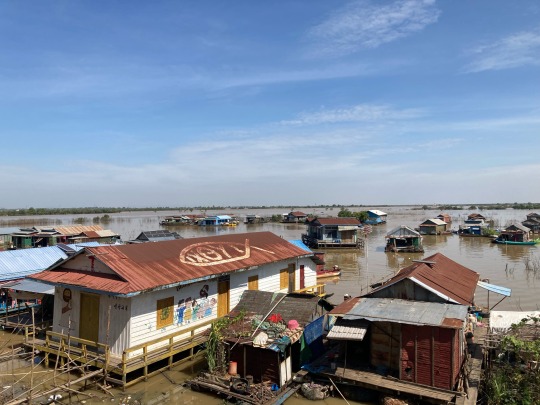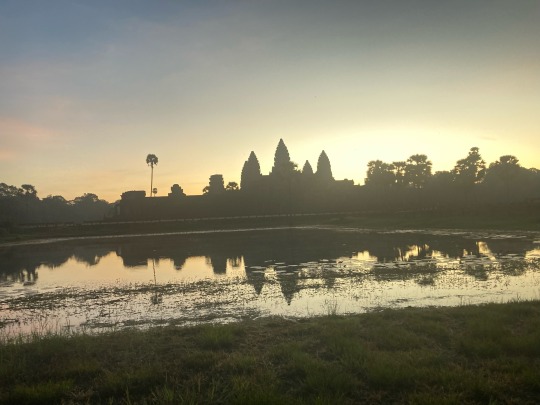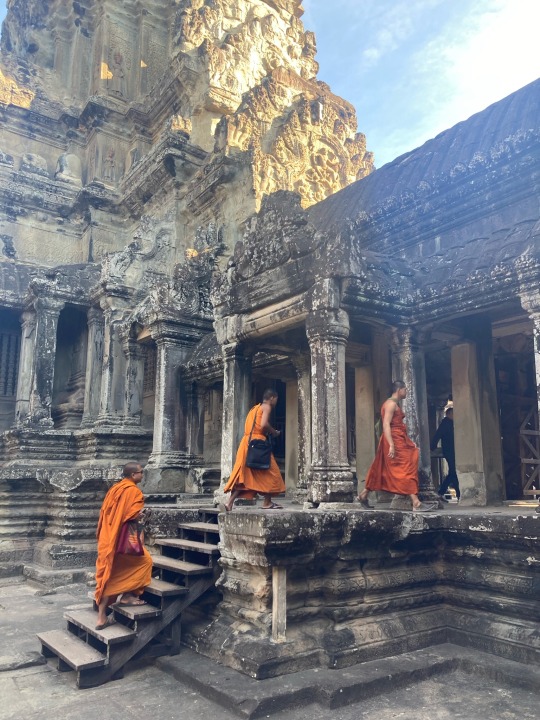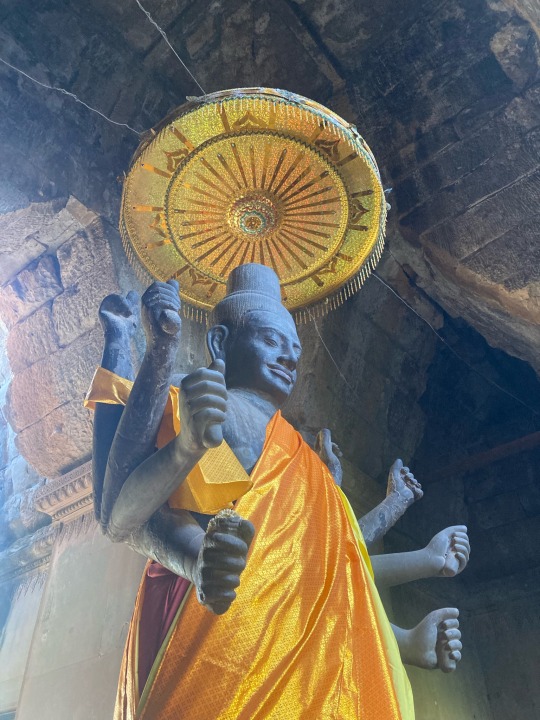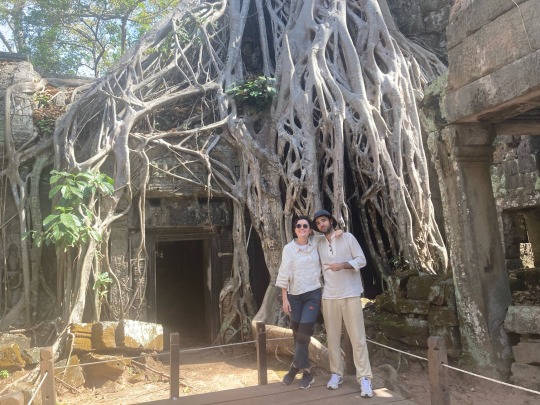#phnom pehn
Text
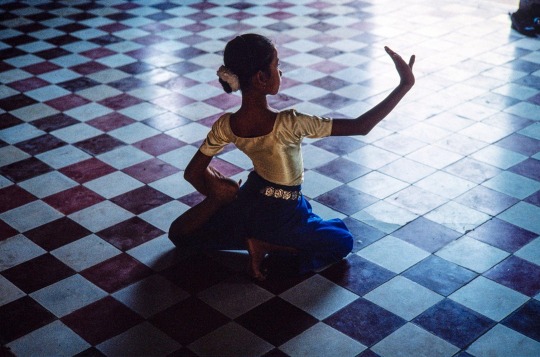
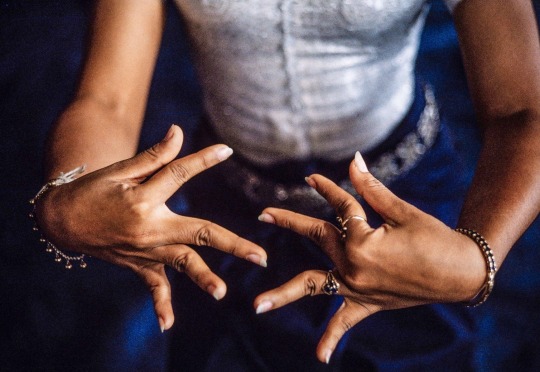
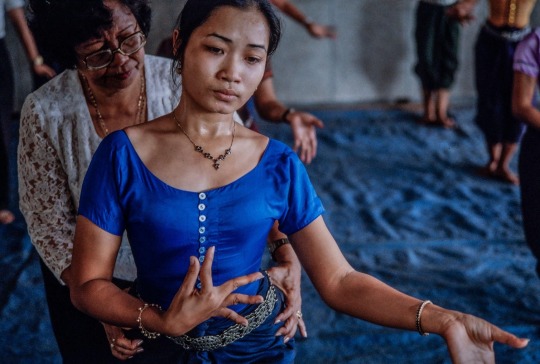
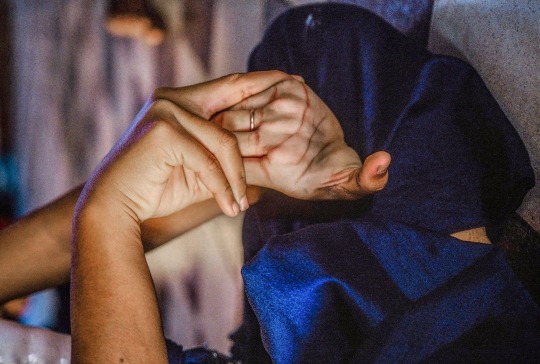
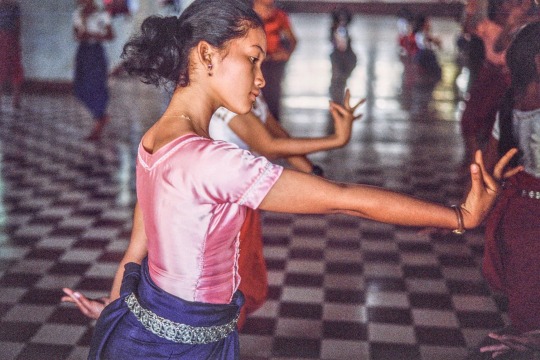
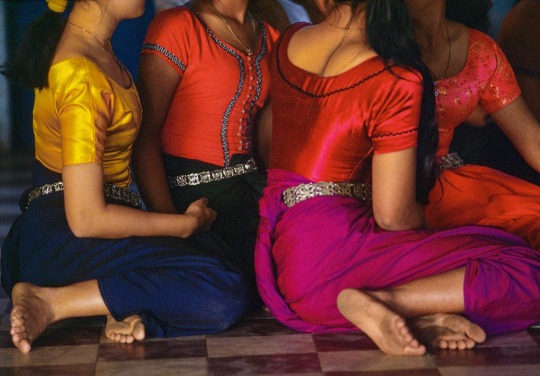
Ballet students at the Royal University of Fine Arts, Phnom Penh, Cambodia, 1999. Photographed by Derek Hudson.
#derek hudson#royal ballet of cambodia#hands#1999#1990s#phnom pehn#cambodia#aspara dance#cambodian dance#cambodian dancer#cambodian#southeast asia#danseuse#danzatrice
232 notes
·
View notes
Text

17 notes
·
View notes
Photo


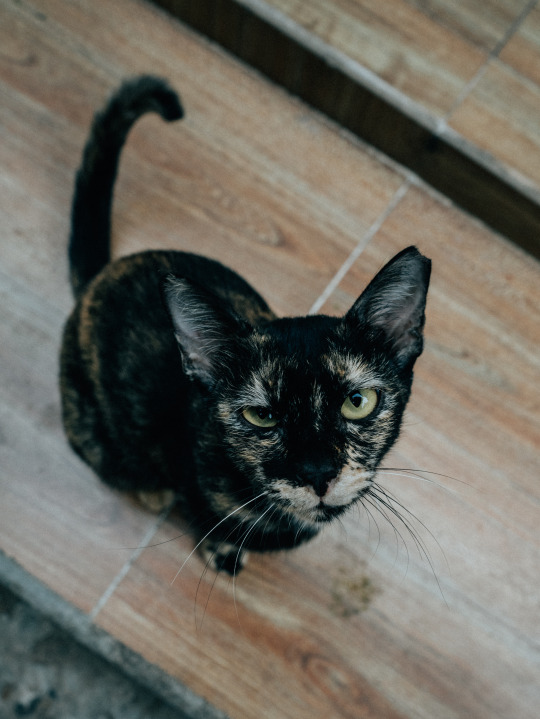
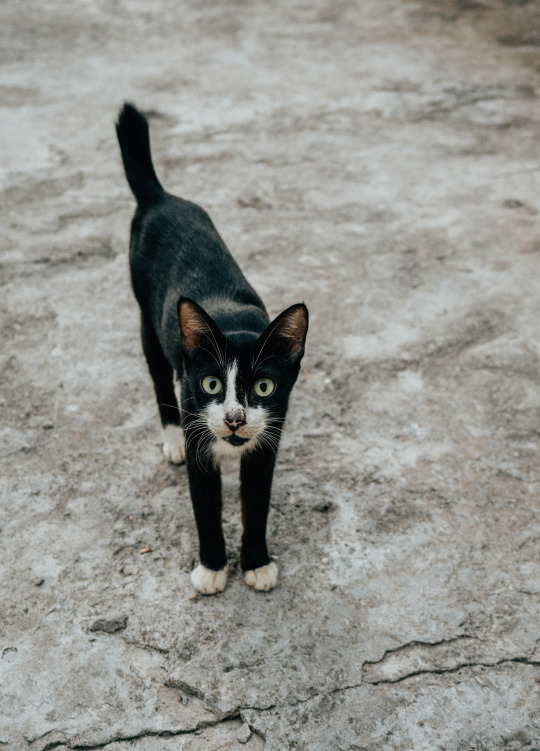
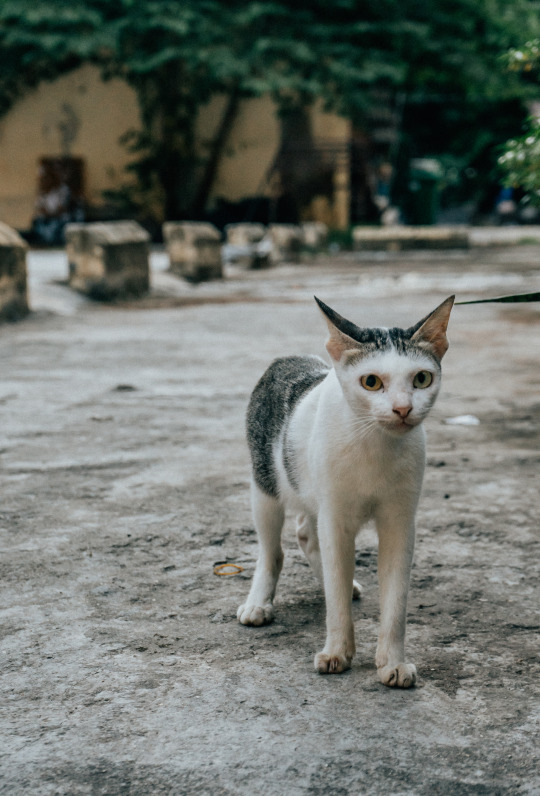
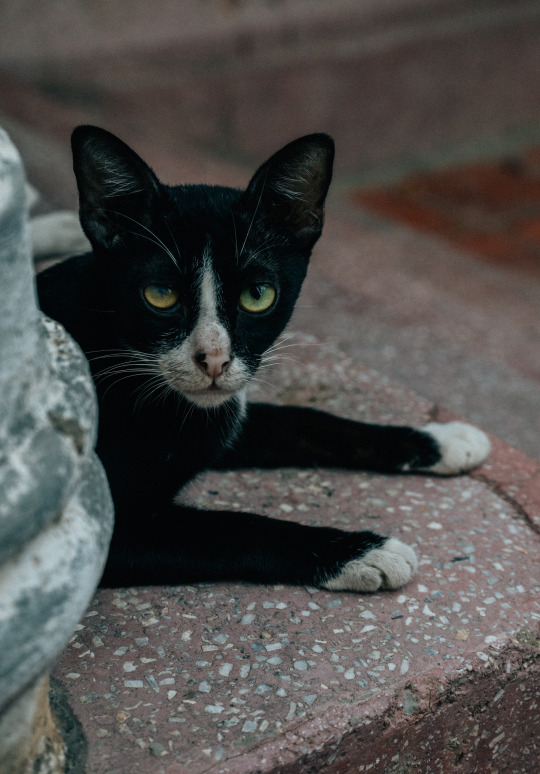

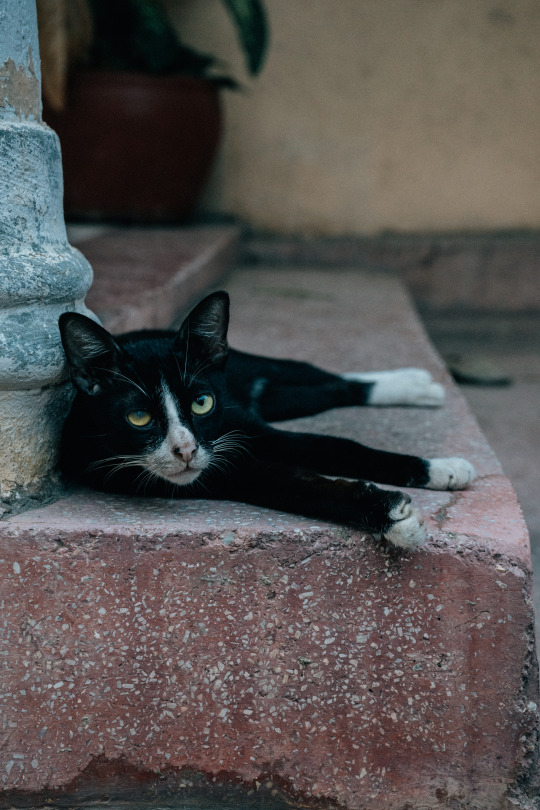
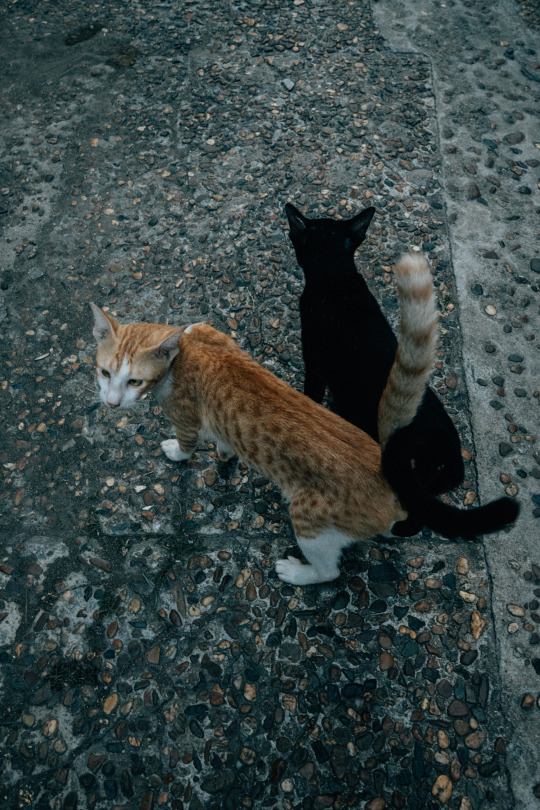
My Cambidian cat stories.
Maybe one day I will refresh my LA days but not now. Now ready to admit my f-ck up.
5 notes
·
View notes
Photo

Nguyễn Thị Thu Hà 🇻🇳
2023 SEA Games (Phnom Penh)
#nguyễn thị thu hà#team vietnam#running#female athletes#athletics#track and field#sea games 2023#phnom pehn
2 notes
·
View notes
Text

0 notes
Text
In Phnom Penh
It was a warm day in January, which is normal for January in Phnom Penh; men sat in open-air restaurants eating noodle soup and sipping iced coffees; motortaxi drivers, perched on the seats of 110-cc Daelim motorbikes, endlessly pestered passersby with requests to be hired; and a very old female elephant, a mascot with rounded pieces of rubber strapped for protection to the soles of her feet, was led by a caretaker through the tourist haunts along the riverside.
At the University of Cambodia, which is a few hundred meters from Independence Monument, a burgundy-hued tower in the center of the city that calls to mind the ancient temple of Angkor Wat, American filmmaker Oliver Stone rose to speak to a crowd of about 300 Cambodian students.
He wore a black graduation cap and gown, having just been given an honorary degree by the university. When he reached the podium, he removed the flat-topped cap, perhaps aware of its incongruity on a man known as a provocateur, or perhaps because it wasn’t very comfortable. Stone then gave a nearly 24-minute speech, decrying the ‘beast of fear’ in American politics and urging students ‘to read history, because without memory there is only the dictatorship of the now.’
The three-time Oscar winner, who gained fame with movies like Platoon (1986) and JFK (1991), was on the second and final day of a visit to Cambodia that included a meeting with the prime minister. He had just come from Bangkok, where his remarks on Hitler during a speech to high school students drew attention. Stone, who is very good at drawing attention, was quoted by the Associated Press as saying that though Hitler was a ‘Frankenstein,’ there was a ‘Dr. Frankenstein,’ by which he meant that the Nazi leader was a product of his era.
He began on a lighter note in Phnom Penh, recalling that he first came to the Cambodian capital for a weekend getaway in 1965, when he was teaching English in what was then South Vietnam. A few years later, in 1967, he enlisted to fight in the Vietnam War, and he later made a trilogy of movies on the war.
‘For some reason, I have been brought to Southeast Asia by my own destiny when I was a young man, and it changed my life. So I do have some strange feeling that I am linked in some way to this region,’ Stone said at the beginning of his speech, which was part of a six-month lecture series run by the Vienna-based International Peace Foundation. (Fellow participants included movie star Jackie Chan, pianist Vladimir Ashkenazy and a handful of Nobel laureates, mostly from the sciences.)
Stone spoke with a slightly professorial air, which did not seem out of place. He quickly came to the subject of history, reflecting on the implosion of European imperialism in two devastating world wars, the paranoia of the Cold War years and the American triumphalism that followed.
After this brief summary of the 20th century, Stone broached the subject of peace (his talk was titled ‘Filmmaking and Peacebuilding’). A practicing Buddhist, he peppered this portion of his speech with ‘know thyself’-like exhortations.
I’m not the first one to say peace can only begin once you have come to grips with your own aggressiveness,’ the filmmaker said. He told the students to educate themselves, and thus to erect a bulwark against fear. ‘Your mind is the most important tool you have. It’s your weapon, your rifle.’
The acclaimed director also gave advice of a more (or maybe less) practical sort. ‘Don’t fall in love right away,’ said Stone, who has in the past told reporters that he likes to party, and who has been detained a few times in the US in connection with drug possession charges. At this command, people in the audience began to chuckle, and when Stone continued the room broke into full-blown laughter. ‘Get a backpack,’ he said, ‘a ticket to nowhere, take a year off, travel your ass off, burn everything you can. Listen to the wind.’
Stone may have listened to the wind when he was young, but he has kept himself busy in the subsequent years, writing or directing (usually he writes and directs) more than 20 films. His oeuvre, like his Phnom Penh lecture, shows a fascination with American culture and politics. Some of his movies explore aspects of the American experience or zeitgeist, a category that includes Wall Street (1987), on the greed driving the nation’s captains of finance, and Any Given Sunday (1999), which shows the excesses of American football while maintaining a deep respect for the sport. Others are dramatic reconstructions of American history, such as JFK (1991), which was attacked for propagating conspiracy theories on the assassination of John F. Kennedy, and which Stone still defends, saying there is enough evidence that the claims made in the film merit serious attention. (They certainly drew some attention: In response, the US Congress in 1992 passed the President John F. Kennedy Records Collection Act, which forced open all federal records on the assassination.) Also in this category are Nixon (1995) and W. (2008), on the presidencies of Richard Nixon and George W. Bush.
Stone’s movies on the Vietnam War have a deeply personal, as well as historical, tint. During an interview before his speech in Phnom Penh, the filmmaker talked about his decision to drop out of Yale, where one of his classmates was George W Bush, and volunteer for active duty in the war. ‘At that time in my life I had been brainwashed by the system,’ Stone said in a hotel on the banks of the Mekong River. Stone, who has a big frame, meaty features and black eyebrows, seemed to grow more focused as the interview went on. ‘I believed in the war, I believed in fighting communism,’ he explained. ‘People don’t remember in your generation. It’s a shame. That’s why you need the old guys like me around to keep saying don’t, don’t, don’t. You’ve got to be the cranks. You say don’t fight, don’t go to war unless it’s really necessary.’
After receiving two medals and being wounded in action in Vietnam, Stone became disillusioned with the war, he said. He later used his combat experience to write and direct Platoon (1986), an account of a soldier who, like Stone, voluntarily enlists. This was followed by Born on the Fourth of July (1991), about the life of an anti-war activist who was paralyzed in combat. Both films won the Academy Award for best picture. The third in his trilogy on the war is the lesser-known Heaven and Earth (1993), the tale of a Vietnamese woman who survives years of fighting and moves to the US. It is based on two autobiographies.
There’s a chance Stone could make another movie dealing with the Vietnam War. In 2007 he almost began shooting Pinkville, about the infamous My Lai massacre, but the financial backing fell through. ‘Hopefully we might come back alive,’ he said of the project. Pinkville would deal with both the mass murder of Vietnamese civilians by a unit of the US army and the subsequent investigation and cover-up, he explained.
In the wake of the recent financial crisis, Stone agreed to make a sequel to Wall Street called Wall Street 2: Money Never Sleeps, due out this year. He is currently working on a ten-hour documentary for TV named The Secret History of the United States, which he said will attempt to explain ‘how America became a national security state’ and ‘betrayed its moral principles because of panic and fear.’
Hitler is one of the figures treated in the documentary, which covers major events of the 20th century. Stone said his comments on the Nazi leader in Bangkok had been taken out of context, and that the documentary will show that Hitler is not a ‘cul-de-sac.’ ‘Hitler was a monster, no question, he was sick and crazy,’ Stone said. ‘But he didn’t do it alone.’
The filmmaker explained that he is fighting against the dualism – good versus evil – expounded by former President George W. Bush. ‘Dualism is not a philosophy of life that works,’ he said. ‘[Bush] said we’re going to fight a war to wipe out evil. You tell me how that works.’
Despite his dislike of Bush, Stone’s 2008 biopic on the president presents a sympathetic portrait that has been attacked from both the left and the right. The opposite effect was produced by his World Trade Center (2006), about those who responded to the scene of the September 11, 2001, attacks in New York. This sober tribute to heroism appealed across the political spectrum, and with W. shows that Stone, who is usually described as a member of the left, likes to make movies that transcend this label. Alexander (2004), the critically panned biopic on the famous Macedonian conqueror, is another example of this, a work that seems anomalous in Stone’s oeuvre, but shows his love of history and good old fashioned heroism.
This willingness to buck expectation is also evident in Looking for Fidel (2004), one of two documentaries the director has made on Fidel Castro since 2003. Though he clearly admires the longtime Cuban leader for standing up to the US, he does not let Castro off easily, and in one scene he goes over an Amnesty International report that details human rights abuses in Cuba.
Stone was unwilling to say if he did anything similar during his meeting in Cambodia with Prime Minister Hun Sen, who recently marked his 25th year in power, making him one of the longest-ruling leaders in the world. The Cambodian premier, who has a glass eye, is a former Khmer Rouge cadre who turned and fought the regime. He has overseen a period of relative stability and economic growth in Cambodia, but he has also been criticized for his authoritarian style of governing and for occasionally using violence against the opposition.
‘Hun Sen’s quite a fighter, I have to admit,’ Stone said. ‘I knew of him 20 years ago when I was here… You know, I liked his guts, his scrappiness. I don’t know what went on behind the scenes, but he did seem to mold this country together at a time when it needed a strong leader. ‘Sometimes a leader stays too long,’ he added. Then he said: ‘I can’t speak for [Hun Sen], because I don’t know the internal situation. But I think Cambodia is reaching a place of relative prosperity in the Southeast Asian world.’
He described the prime minister as very different from Castro or Venezuelan President Hugo Chavez, who was the subject of South of the Border (2009), a documentary by Stone. ‘The Asian tradition is different,’ he explained. ‘It’s more like talking to a monarch than it is like talking to Castro or Chavez.’
Stone, who is in his early 60s, was born in New York to a Roman Catholic mother from France and a Jewish father who was a stockbroker. He has since adopted Buddhism – he rejects the term ‘conversion’ as Christian – and at one point during his speech he told students to take their days with ‘equanimity and detachment.’ Buddhism, Stone said during our interview, ‘seems to me a sane response to the life that I’ve seen.’
‘It’s a religion of the heart and the mind and it deals with very practical issues,’ he said. ‘It doesn’t talk about heaven. It doesn’t talk about God. It talks about your heart and your spirit and what you do with your life.’
Stone’s Buddhist-influenced philosophy goes hand in hand with a spiritual tone that occasionally creeps into his work, balancing the frenzied filmmaking style for which he is known. This is most clearly evident in Heaven and Earth, where the protagonist is a Buddhist, but also in Nixon and World Trade Center, among others. ‘There’s always to me a spiritual connection in these movies,’ he said. ‘I don’t think people necessarily get that because they always react to the surface of controversy.’
Stone, in fact, said his movies can be seen as ‘movies about love.’ ‘If you look at my movies, you can put a handle on anything and say I’m controversial and political. You can also look at my movies and say they’re movies about love.’ To support this claim he pointed to Natural Born Killers (1994), a satire about a pair of lovers who go on a killing spree and finally turn on the journalist who made them famous. Stone described Natural Born Killers as a ‘movie about two people who love each other.’ This interpretation might be a stretch, but it is a very Oliver Stone thing to say.
-Clancy McGilligan, "Oliver Stone Speaks in Phnom Penh," Film International, Jan 31 2010 [x]
0 notes
Text
Virkelig en win-win-visitt
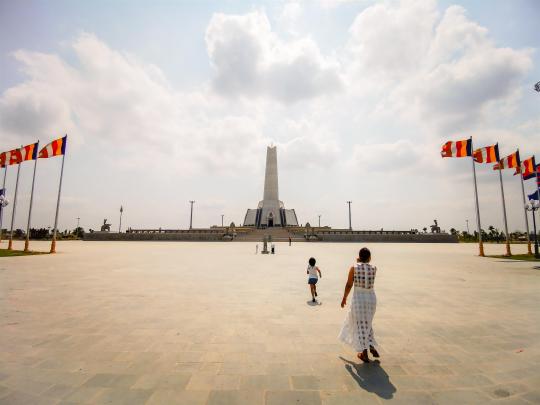
To mil nord for hovedstaden Phnom Penh ligger Win Win-minnestedet, eller Win-Win Memorial på engelsk, og i Khmer វិមានឈ្នះឈ្នះ, Vĭméan Chhneăh Chhneăh. Dette minnestedet markerer slutten på over 20 år med borgerkriger og 20 år med forholdsvis vellykket overgang til et fredelig samfunn i vekst og utvikling.
Sentralt i minnestedet står en tresidig 33 meter høy stele med en femkantet base, flankert av statuer og med relieffer som viser veien fram til et fredelig samfunn.
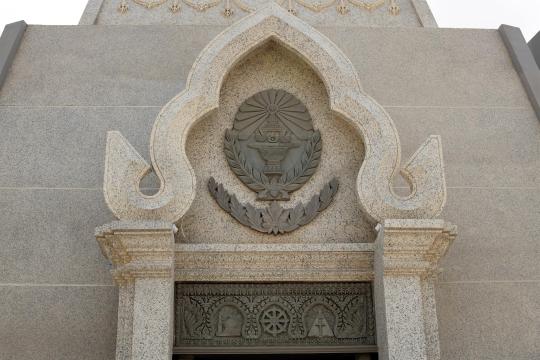
Blant annet et relieff som viser inklusjonen av flere religioner i Kambodsja. Det er litt av et utsagn i et land som regnes som verdens mest buddhistiske, der de andre verdensreligionene har få prosenter.
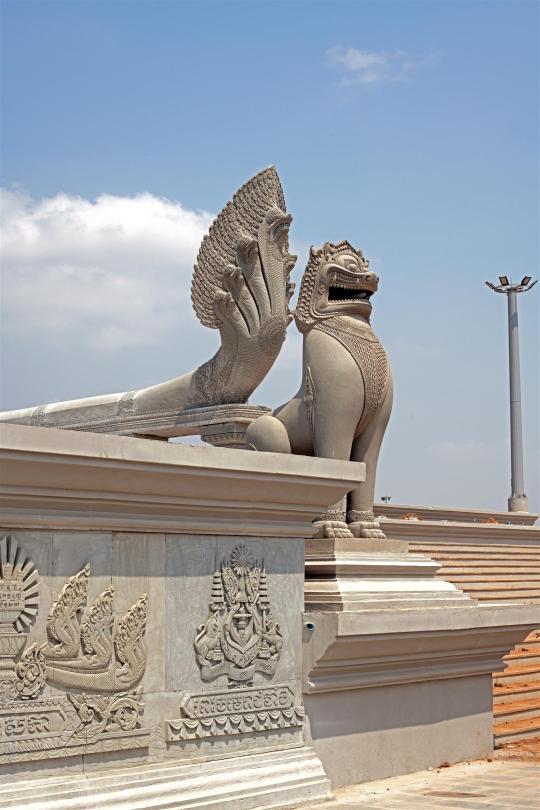
Totalt er området 8 hektar stort, og hensikten er at det både skal være til minne, avveksling og motivasjon. I tillegg til det sentrale monumentet, er det en egen minnevegg på 117 meter med bas-relieffer som forteller historien fram til fred, 8 store og små vannbasseng, et eget museum, flere skulpturer og nyplantinger av trær og vegetasjon som skal gi området et mer grønt parkpreg.

Mellom inngang og hovedmonument vises overgangen fra krigførende røde khmer gerilja til integrert borger og deltaker i den nasjonale kambodsjanske armeen. Sentralt i Win-Win-strategien er hvordan tilgivelse, benådning og inkludering av den største opprørsfraksjonen skulle gi varig fred. Den tresidige 33 meter høye stelen er et løfte om de tre garantiene gitt til alle Røde Khmer-soldater som overga seg frivillig: Løfter om fritak fra livsstraff, arbeid og rett til egen eiendom.
Symbolikk over alt
Det er mye annen symbolikk og tall bygget inn i de forskjellige delene av monumentet. Mye av dette krever en god del kjennskap til Kambodsjas kultur og historie, og det er også hensikten. Besøkende, khmer og andre, er ment å lære og reflektere av et besøk til Win Win.
Et eksempel er en av skulpturene som gjentas på tre sider av monumentbasen. En trehodet elefant med en Garuda på ryggen, som holder en flygende Naga-slangefigur oppe.

Elefantene symboliserer visdom og kongemakt, altså den opplyste enhetsstaten. Garuda-figuren er en fugle/menneske-demiguddom fra hinduismen, som både er en nær tjener til hovedguddommen Vishnu, og en effektiv, fleksibel vernegud som kommer raskt til hjelp.
Den trehodete slangefiguren på topp er Naga, som symboliserer både regn, fruktbarhet, nærhet til det åndelige og vern mot usynlig trusler. En trehodet Naga symboliserer både rikdom og velstand, og tre hoder tilsvarer en buddhistisk treenighet: Hodet i midten Buddha, hodet til høyre Dharma (Naturloven, Regelen om det gode liv) og hodet til venstre munkene.

Et annet eksempel er en egen seksjon sør for hovedmonumentet der det er anlagt en egen fredspark. Militærmateriell som jagerfly, stridsvoger, kanoner og pansrete kjøretøy er stilt ut, omplantet av trær og planter som skal gro til over krigsverktøyene.

En nokså heftig symbolikk for et fredsmonument.
Utvikling og framtid
Win-Win-monumentet er også et politisk testamente og minnested for statsminister Hun Sen, som har spilt en sentral rolle gjennom over femti år i ulike posisjoner i landet. Symbolikk knyttet til politikken og strategi for ham og regjeringspartiet han leder er bygd inn i enkeltelementer i minnestedet.
Rett over veien bygges en ny stadion/arena med internasjonale dimensjoner, ment å huse forskjellige større internasjonale idrettsarrangementer. Og andre, nyttige, arrangementer slike arenaer kan brukes til, som konserter og utstillinger.

Hele området rundt minnested og stadion er tilrettelagt for utvikling av flere større fritidsanlegg. Starten var Win Win Memorial, som siden åpningen i 2018 har hatt over 3 millioner besøkende. Tallet hadde vært mer imponerende om ikke pandemien stengte ned turistvirksomheten i verden 14 måneder etter åpning.

Bildene vist her er fra et besøk jeg hadde med mine khmer-venner i februar 2019, seks uker etter åpning.
Les mer om Win-Win-monumentet her.
#kambodsja#fredsmonument#win-win#minnested#phnom pehn#khmerarkitektur#khmer#historie#borgerkrig#khmerkultur
0 notes
Text
First few hours in Cambodia, specifically Phnom Penh.



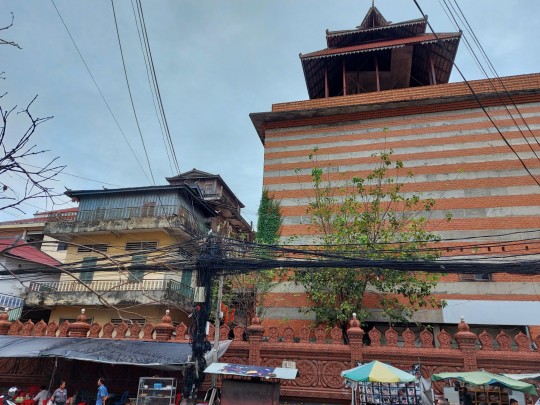


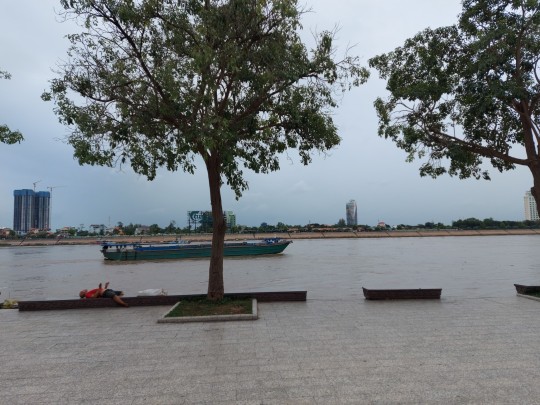
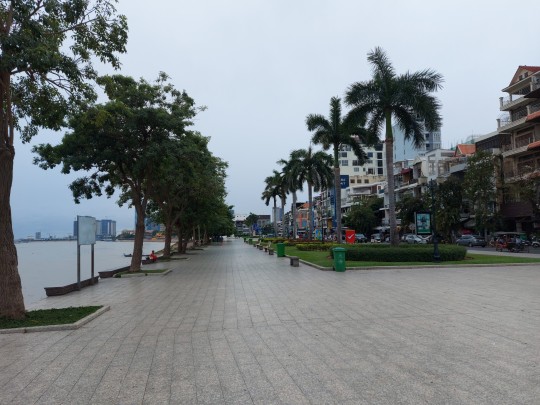
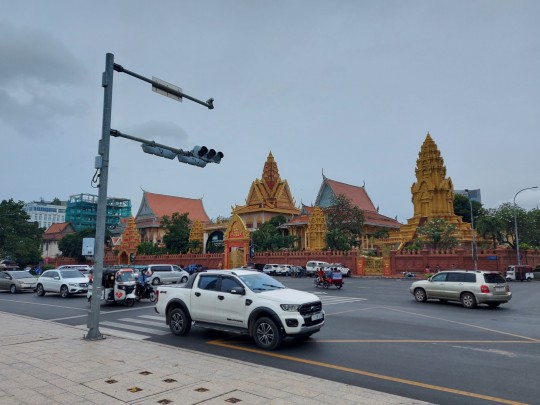
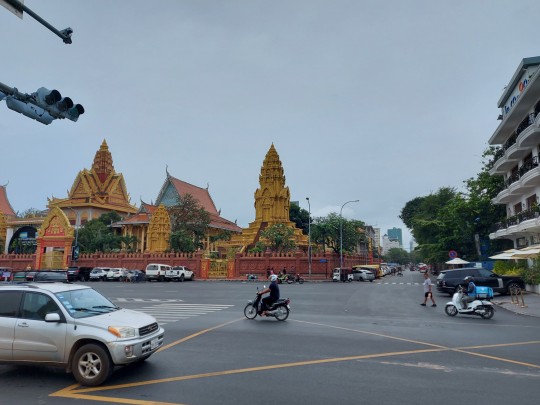
1 note
·
View note
Text
#cambodia#phnom penh#shopping in phnom pehn#sustainable shopping#sustainable products#cambodia products
0 notes
Text

Meet Phara Prom, the one and only Spidersrei of Phnom Pehn! She was bit by a radioactive mirror spider that gave her the usual spider powers along with the ability to bend/manipulate light.
I lowkey forgot to post this lol, I drew this spread like months ago and never finished coloring it. She’s more an oc than a sona, but I still love her dearly. I based her suit off of khmer Aspara dance wear and a mix of bokator and muy thai clothes. I imagine that because she can bend light, the suit can appear to change light or has an iridescent quality to her. If she were animated she would constantly have anime sparkles around her lol. Maybe I’ll draw that when I get inspired again haha, I can’t wait to have the movie available lible on stream or dvd so I can watch it over and over again.
#spidersona#across the spiderverse#into the spider verse#across the spiderverse oc#character design#sketches
17 notes
·
View notes
Text
“Uno de los grandes errores en el amor es creer que siempre vamos a sentir lo mismo”
Marian Rojas Estapé

Es una médica, psiquiatra, conferencista y escritora española nacida en Madrid en noviembre de 1983.
Es hija de y nieta de psiquiatras, su padre es el psiquiatra y escritor Enrique Rojas, catedrático emérito de psiquiatría de la Universidad de Extremadura y su madre la notaria y profesora universitaria Isabel Estapé.
Marian comenzó su licenciatura de medicina en la Universidad Complutense de Madrid, concluyéndola en la Universidad de Navarra en el año 2007, y concluida su carrera, se especializó en psiquiatría.
Antes de iniciar su carrera profesional en el campo de la psiquiatría, Marian colaboró en un proyecto solidario en Camboya, trabajando en la fundación Somaly Max, AFESIP, ayudando a niños vendidos desde pequeños a los prostíbulos en redes de tráfico sexual, ayudando a entender mejor su historia para la prevención del tráfico sexual.
De igual forma, colaboró en la ONG denominada “Por la sonrisa de un niño” la cual apoya a sacar niños de los basureros de Phnom Pehn, dándoles alternativas en educación o formación para salir adelante, y en Nueva York impartiendo clases en un barrio marginal en un colegio en el Bronx.
A su regreso de Camboya, realizó su residencia de psiquiatría en el Hospital Puerta de Hierro en Madrid y en 2013 trabajó una temporada en el Kings College de Londres profundizando en el campo de la somatización.
Al finalizar su residencia, trabajó en la Unidad infantil y juvenil del Gregorio Marañón, y en Barcelona en la Unidad de Drogas del Hospital del Mar.
Desde el año 2007 Marian Rojas Estapé imparte conferencias en diferentes países sobre gestión emocional, felicidad y relaciones, y es profesora invitada en IPADE escuela de negocios en México, en donde imparte clases sobre el ámbito empresarial.
En el 2018, con la publicación de su primer libro “Como hacer que te pasen cosas buenas: Entiende tu cerebro, gestiona tus emociones, mejora tu vida” alcanza fama y renombre mundial siendo la obra literaria de no ficción más vendido en el año 2019, con 22 ediciones en un año y su traducción a mas de 9 idiomas.
En 2021 escribe su segundo libro “Encuentra a tu persona vitamina”, en el cual destaca la importancia de las relaciones humanas y como es que fortalecen y debilitan a la persona.
Actualmente aparte de su labor como conferencista, trabaja en el Instituto Rojas Estapé y colabora como embajadora de Manos Unidas, apoyando proyectos relacionados con la trata de niños.
Cuenta con un podcast en la plataforma Spotify en el cual ayuda a las personas a entender los aspectos fundamentales que afectan la salud física y mental y que describe consejos para vivir en armonía a través del conocimiento del cuerpo, la mente, la conducta y las emociones.
Fuentes: Wikipedia, marianrojas.com, fnac.es
#marian rojas estapé#españa#psiquiatría#citas de la vida#frases de reflexion#citas de escritores#escritores#citas de reflexion#notas de vida#mente#salud mental#emociones
15 notes
·
View notes
Note
✿ ok i want to know your thots
SEND “ ✿ ” FOR 2 HEADCANONS FOR OUR MUSES’ RELATIONSHIP - accepting!
✿ rith mate i'm so sorry my first thought goes to how these two are the same height (5'4 shorties in this rp comm bless em) but anica will not take this into consideration and will wear her absurd heels to make a height difference. it's a force of habit! treading water in a sea of slavs etc etc! even when visiting in the warmer season, she finds the idea of flat sandals just weird! she has offered to buy rith matching wedges for this exact reason, but somehow i can't imagine this going too well!
✿ oh you know they'd smash it at karaoke. potentially a very good ice-breaker. it is a blessing that the catalogues hosted at the karaoke bars of phnom pehn don't have any manele on it, and anica sticks to western pop. you're standing up for a duet, rith. yes, yes you are. i wouldn't call anica boisterous or brash about it, though, even when in the heat of the moment (and would be even more careful because she doesn't know rith too well! she's still a little on guard, a little rigid in her formality!) and she would reel it in if she gets the impression that she's being a little... too much, but she has to spot it first.
the fact that anica can drink him under the table in no time flat does little to dissuade her from insisting that rith keeps up. don't. it will be so ugly please don't do it it's to cushion any fall from grace she has do not fall for it.
although it must be said, even while inebriated, she can appreciate the sound of khmer karaoke classics. she doesn't understand a word of it, but she doesn't have to.
#the cop-out answer to this ''anica still mistakes him for thailand sometimes'' bc diplomatic missions between the two are quite small#but you deserve better than that rith deserves better than that#(i'm not saying it isn't true i'm saying that i can think of better hc's to share than thatzsmdxxfjg)#thanks for sending this in ian!!#mâna autorului ✧ ooc#nokorwat
2 notes
·
View notes
Text
Buying the Farm
22 July 1973 started like any other bombing mission.
We were fragged to go down and meet with a FAC near Phnom Pehn, Cambodia and deliver our bombs in an effort to stop the Khmer Rouge from taking power.
We did our preflight routine, strapped in, and taxied to the arming area. For this mission, we carried 18 Mark 82–500-pound bombs, a standard drop. That was 9000 pounds of bombs hanging from…

View On WordPress
0 notes
Text
SEA Games 2023: Vanessa Sarno shows might in retaining weightlifting title
Southeast Asian Games – Weightlifting – Olympic Taekwondo Hall, Phnom Penh, Cambodia – May 15, 2023 Philippines’ Vanessa Palomar Sarno reacts during the women’s – 71kg REUTERS/Cindy Liu
PHNOM PEHN—Nobody came close to knocking off Vanessa Sarno from her perch.
The former Asian champion removed the excitement and drama in the weightlifting competition on Monday, hardly breaking a sweat in…

View On WordPress
0 notes
Link
Ketua KPK, Firli Bahuri, mewakili Indonesia telah menandatangani pembaharuan Nota Kesepahaman tentang Kerja Sama untuk Pencegahan dan Pemberantasan Korupsi (Memorandum of Understanding on Cooperation for Preventing and Combating Corruption)
0 notes

